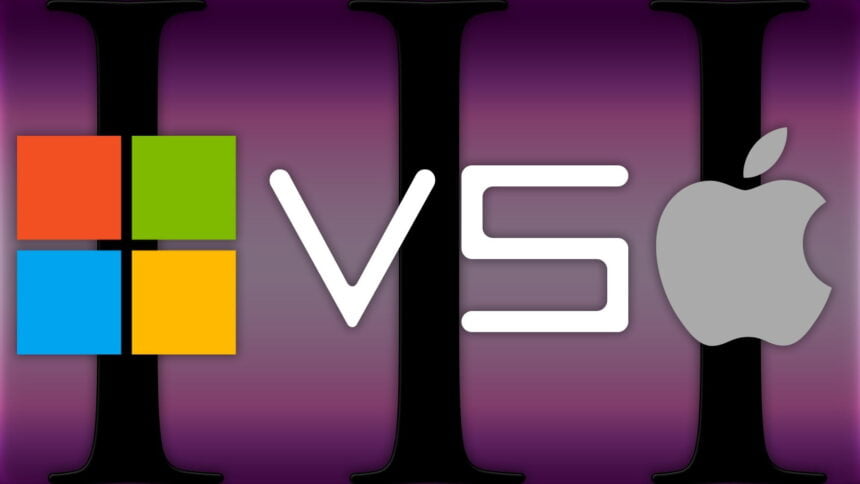Microsoft has officially lodged a formal petition with the European Union (EU), asserting that Apple is implementing measures purportedly aimed at complying with the Digital Markets Directive (DMA). Still, in reality, they are attempting to evade regulation.
This allegation echoes the concerns raised by Goal, which highlights that the conditions set by Apple are so onerous that few developers will dare to establish alternative app stores for iOS.
Microsoft attacks the solutions proposed by Apple
Phil Spencer, CEO of Microsoft Gaming, has voiced concerns that Apple’s initial steps to comply with the DMA are overly restrictive, hindering the creation of a meaningful alternative to the sole app store available on the world’s largest gaming platforms: mobile phones. Microsoft remains engaged with regulators to facilitate this opening.
Apple has responded to these complaints by asserting that it has engaged in months of dialogue with the European Commission regarding the DMA. The controversial changes it is implementing, Apple claims, are the result of efforts by hundreds of its employees.
On the other hand, Tim Sweeney, CEO of Epic Games, has criticized Apple’s statements as mere rhetoric. He suggests that when Apple releases software with a poor user interface, it is a deliberate decision by executives, disregarding the efforts of its talented designers and developers.
Each party has its own interests at stake. Apple aims to protect a significant revenue stream and has taken minimal steps to comply with the DMA, even if they are ineffective. Meanwhile, Microsoft, following its acquisition of Activision-Blizzard, seeks to provide an alternative to the Apple App Store and avoid Apple’s fees.
As the European Union mediates, companies like Epic Games, Spotify, and Meta stand alongside Microsoft, advocating for its position in the ongoing dispute with Apple. In this complex scenario, each party has valid points, and the EU seeks to navigate the conflict with impartiality, akin to Solomon’s wisdom in ancient times.





